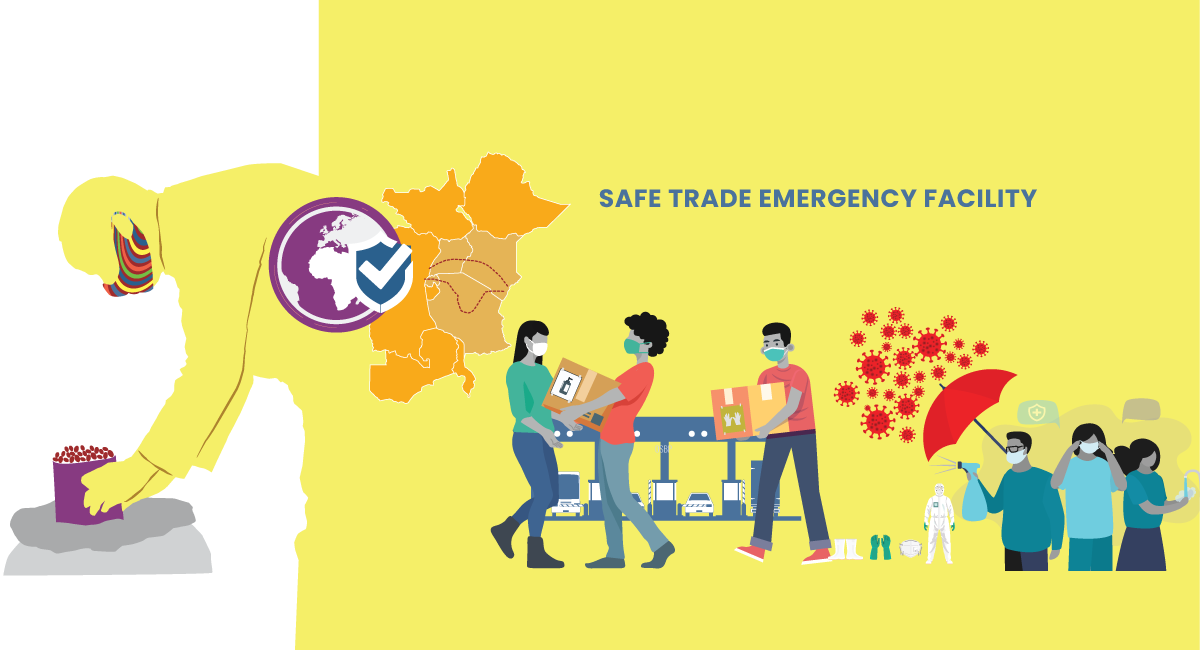
TMEA set up the Safe Trade Emergency Facility Programme as a response to Covid-19. Now valued at US$32 million, the programme has enabled governments to undertake critical measures along the transport and trade routes to ensure trade continues safely while protecting livelihoods in Eastern, Southern and the Horn of Africa. The Programme has three main components, and seven pillars, as follows:
 Limited availability of Personal Protective Equipment (PPE) at borders, ports and key trade routes resulting to increased infection rates and fear
Limited availability of Personal Protective Equipment (PPE) at borders, ports and key trade routes resulting to increased infection rates and fear Ensuring food security and access to critically required medicines; and,
Ensuring food security and access to critically required medicines; and, Supporting measures that reduce jobs losses and sup ports exports.
Supporting measures that reduce jobs losses and sup ports exports.
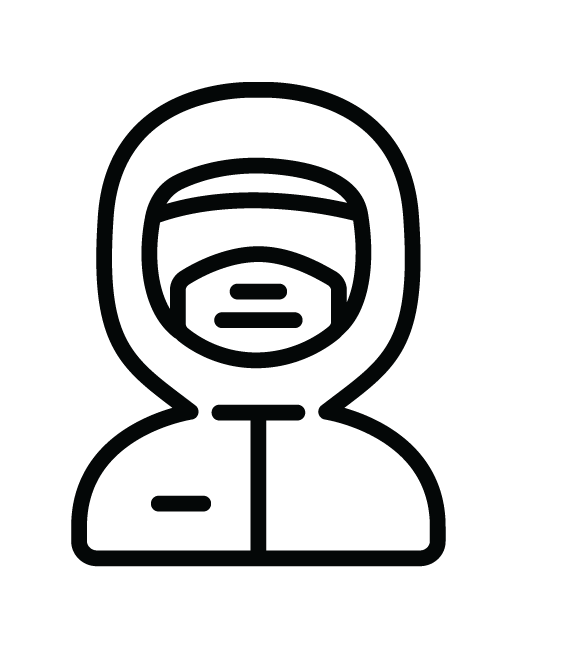 Emergency Personal Protective Equipment
Emergency Personal Protective Equipment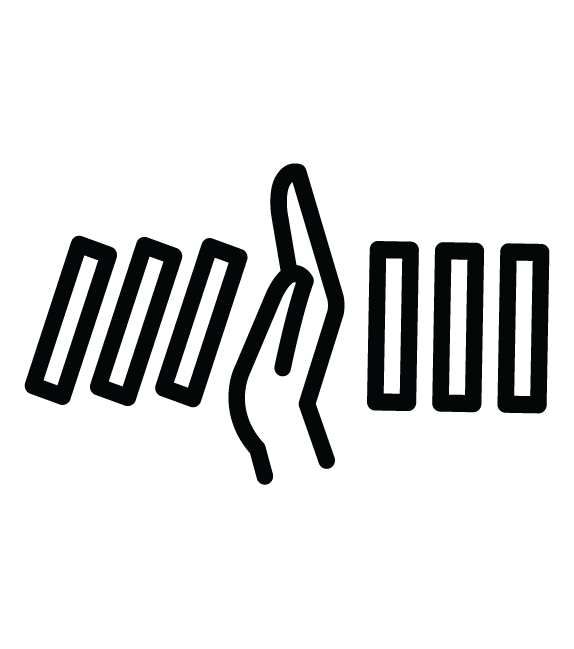 Trade Technology Interventions
Trade Technology Interventions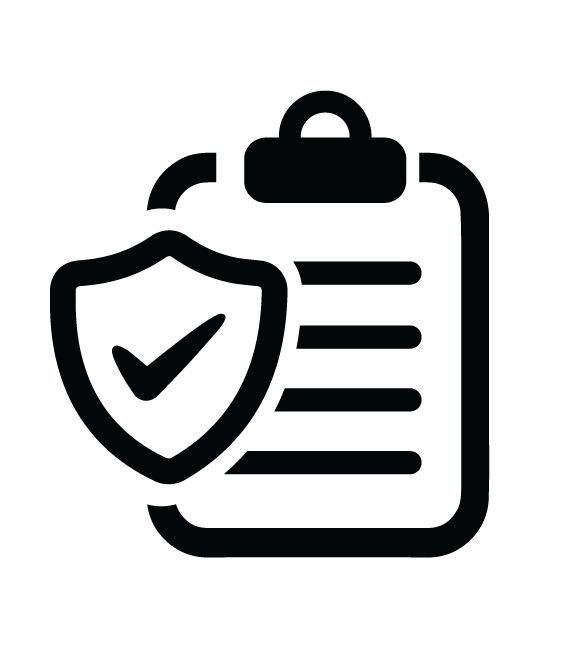 Trade Policy Interventions
Trade Policy Interventions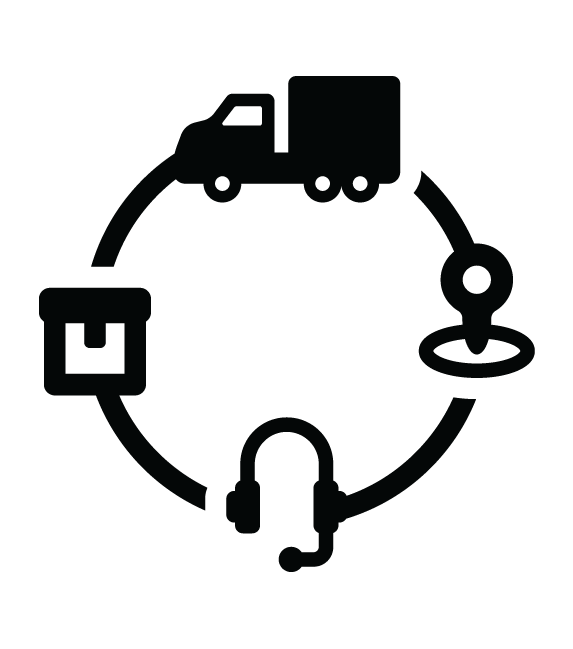 Supply Chain Support
Supply Chain Support Standards and SPS Projects
Standards and SPS Projects Advocacy interventions
Advocacy interventions Gender Inclusion,Women in Trade and Safe Zones
Gender Inclusion,Women in Trade and Safe Zones